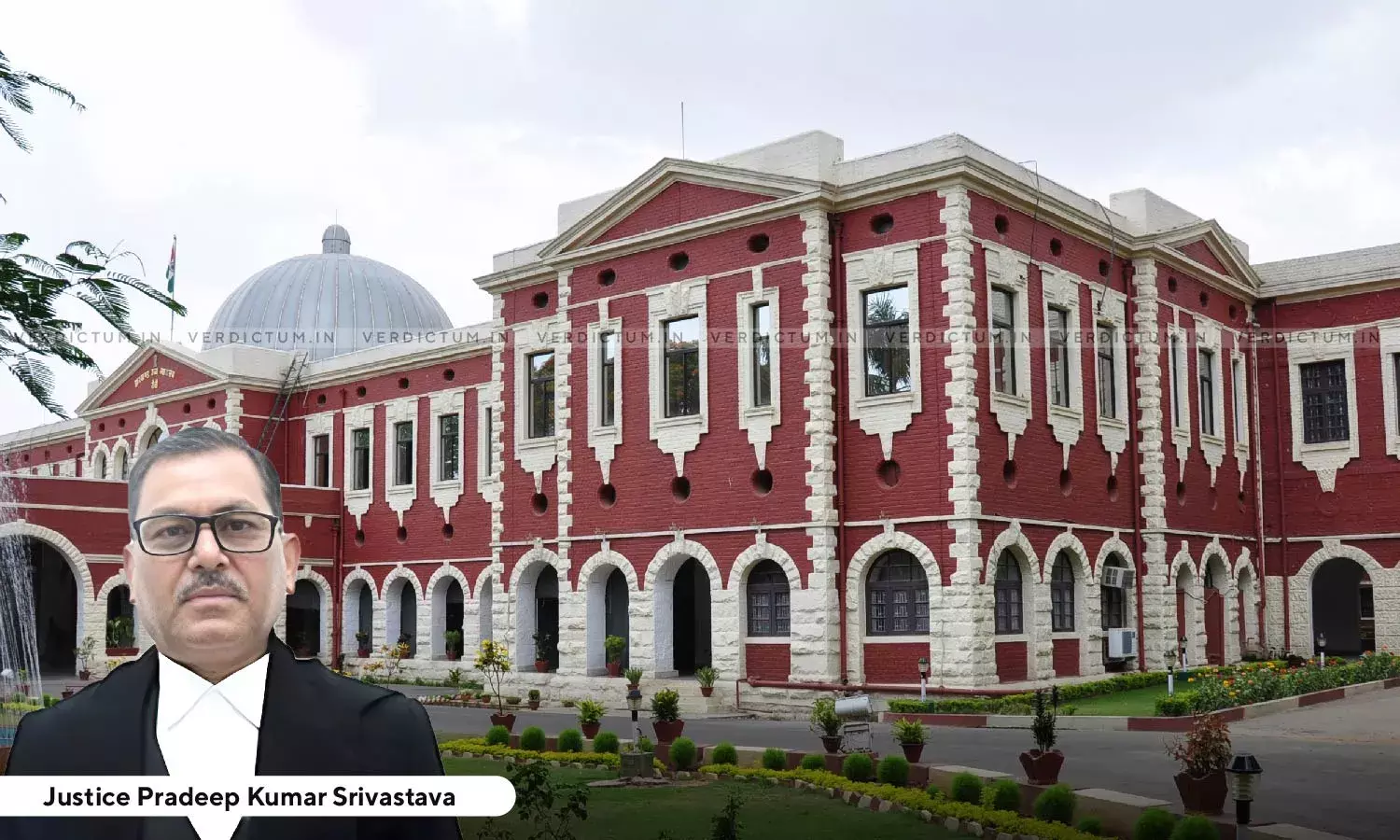Sale Deed Pertaining To Property In Jharkhand Cannot Be Declared Void Merely Because Registration Was Done Before Registrar Assurance At Kolkata: Jharkhand HC

The Jharkhand High Court observed that sale deeds pertaining to properties in Dhanbad (Jharkhand) cannot be declared void merely because registration was done before Registrar Assurance at Kolkata.
The Bench of Justice Pradeep Kumar Srivastava observed: "The findings recorded by both the courts below clearly suggests that the execution of sale deeds were not vitiated by any fraud, misrepresentation, undue influence, coercion or any other reason making the transactions void or voidable under law. The declaration of sale deeds to be void merely on the ground that the same were registered by the office of the Registrar Assurance at Kolkata is not warranted under law."
Advocate Kundan Kumar Ambastha appeared for the Appellant and Advocate A.K. Sahani appeared for the Respondent.
The Appellant purchased land from Ganga Prasad Bhagat, the First Respondent’s husband. Subsequently, the legal heirs of the Respondent contested the sale deed, alleging that it was involuntarily executed, lacked consideration, and Ganga Prasad was in poor health. The Trial Court and the Appellate Court ruled in favour of the Respondents, declaring the sale deed void. The appellant therefore approached the High Court by way of Second Appeal challenging the orders of the Courts.
The Court framed the following issues: “Whether the courts below were right in decreeing plaintiff’s suit considering the fact that Registration (Bihar Amendment) Act, 1991 will prevail over the Indian Registration Act or not?
Whether the judgment of the appellate court below is perverse and is in teeth of violation of well settled principles which is again discussed by the Hon’ble Supreme Court in the case of the State of Rajasthan and Ors. Vs. Shiv Dayal and Anr. reported in (2019) 8 SCC 637?”
The Court examined the pertinent sections of the Registration Act and the Bihar Act. The Court noted that per Section 28 the documents impacting immovable property must be registered in the Sub-Registrar's office within the relevant sub-district or district in Bihar. Section 30 granted Registrars the discretionary power to register documents that could be handled by Sub-Registrars under their jurisdiction, with subsection 2 extending this to certain districts, including those with presidency towns.
Similarly, the Court examined sections 66 and 67 of the Registration Act. Section 66 delineates the procedure post-registration of non-testamentary documents concerning immovable property, requiring the Registrar to forward a memorandum to each Sub-Registrar within the property's sub-district. Section 67 addresses the process after registration under Section 30, subsection (2), necessitating the forwarding of a document copy, endorsements, and certificates to every Registrar within the property's district. The receiving Registrar follows the outlined procedure in Section 66, subsection (1).
The Bench ascertained whether the existing law, the Registration Act, 1908, would prevail over the Registration (Bihar Amendment) Act, 1991. The Court noted that such determination hinged on Article 254 of the Constitution of India, which clarified the concurrent legislative powers of Parliament and State legislatures. The Court emphasized that if a State law contradicted a Parliament-enacted law on a concurrent list matter, the Parliament's law would supersede, rendering the State law void. However, if a State law received the President's assent and conflicted with an earlier Parliament law, it would prevail in that State, subject to specified conditions.
The Court noted that the amended Registration Act prevailed over pre-constitutional legislation in Bihar but clarified that the amendment's applicability did not extend beyond Bihar's territorial limits. The Court noted that the Trial and Appellate Court erred and misinterpreted the provisions under Article 254. The Court noted the absence of fraud or coercion in the transactions and deemed the void declaration solely based on Kolkata's Registrar's Assurance office registration unjustifiable.
Accordingly, the Court allowed the Appeal and set aside the impugned orders.
Cause Title: Prabhash Kumar Shah v Anupama Jaiswal

